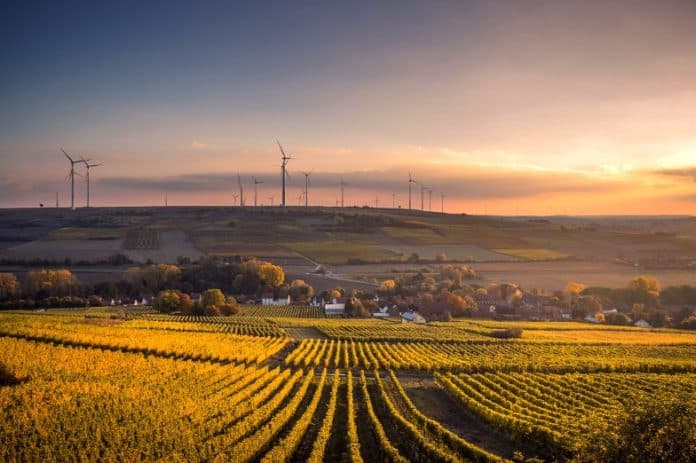This year, ‘Earth Overshoot Day’ – the point at which we exhaust the resources Earth can regenerate in a year while also processing its waste – falls on 2 August. In the early 1970s, this day came at the end of December.
Today, humanity will have used up all the meat, fish, cereals and forests the planet can produce and renew in a year. In the months that follow, the wealthier portion of our 8-billion-strong population will deplete non-renewable resources on credit, producing waste – primarily CO2 emissions – that can’t be adequately managed. This situation has serious consequences for the environment, the climate and our future.
“Currently, the unsustainable production, packaging and consumption of food is fuelling the climate crisis, generating a third of all greenhouse gas emissions, using 70% of the planet’s fresh water and causing biodiversity loss on an implausible scale,” said António Guterres, the Secretary-General of the United Nations, in a recent interview.
Humanity’s ecological deficit since 1971
Since the early 1970s, humanity has been in an ecological deficit, according to calculations by the American think-tank Global Footprint Network (GFN), which publishes the annual “Earth Overshoot Day” report based on United Nations data.
This global “Earth Overshoot Day” fell on 25 December in 1971, then 26 September in 1999. Six years later, in 2005, it jumped to 27 August. From year to year, except during the COVID-19 pandemic, this date is brought forward little by little, impacting reserves for future generations.
Although these carbon footprint-based calculations face criticism from scientists, many countries consider them seriously, acknowledging them as an effective tool to spread awareness about overconsumption.
The 10 top resource-consuming countries
Which countries burn up their own resources fastest? In 2023, Qatar exhausted its resources in just 41 days (10 February), ahead of Luxembourg (14 February), Canada, the United Arab Emirates and the United States (13 March). Next come Australia (23 March), Belgium (26 March), Denmark (28 March), Finland (31 March) and South Korea (2 April).
In 2023, the ten countries with the latest ‘Overshoot Days’ are typically either low consumers due to poverty, richness in resources, or both. They include Benin (26 December), South Sudan (25 December), Mali (21 December), Jamaica (20 December), Chad (16 December), Myanmar (15 December), Ecuador (6 December), Indonesia (3 December), Papua New Guinea (2 December) and Morocco (26 November).
Western Europe consumes its renewable resources in less than 5 months
In Western Europe, most nations exhaust their resources in four or five months. Northern European countries exceed their limits slightly faster than southern ones: this happened in April for Sweden (3 April), Austria (6 April), the Netherlands and Norway (12 April), and Ireland (21 April), and in May for Germany (4 May), France (5 May), Portugal (7 May), Spain (12 May), Switzerland (13 May), Italy (15 May), the UK (19 May) and Greece (21 May).
Benelux penalised by the small size of its countries
In the Benelux countries, these results can be explained by living standards, urbanisation and consumption patterns, but also by the small size of the countries. This implies high population densities and less available agricultural or wooded land.
The choice of the car as the main means of transport is at fault in Belgium, along with the size of its homes, which are larger than elsewhere in Europe and more difficult to heat, as well as the carbon footprint caused by transporting imports.
Luxembourg’s environmentalists deplore their country’s second-place ranking after Qatar. This ranking means that if all of humanity lived like the Luxembourgers, we would need the resources of 8.1 Earths per year to meet our needs.
According to GFN, this situation can still be turned around. If “Overshoot Day” were to be reduced by five days a year until 2050, the planet’s resources would be sufficient for human consumption. Reversing the trend will require a concerted effort on the part of all concerned in terms of consumption, efficiency in the production of goods and energy, and massive measures to conserve nature.
Additional links:

